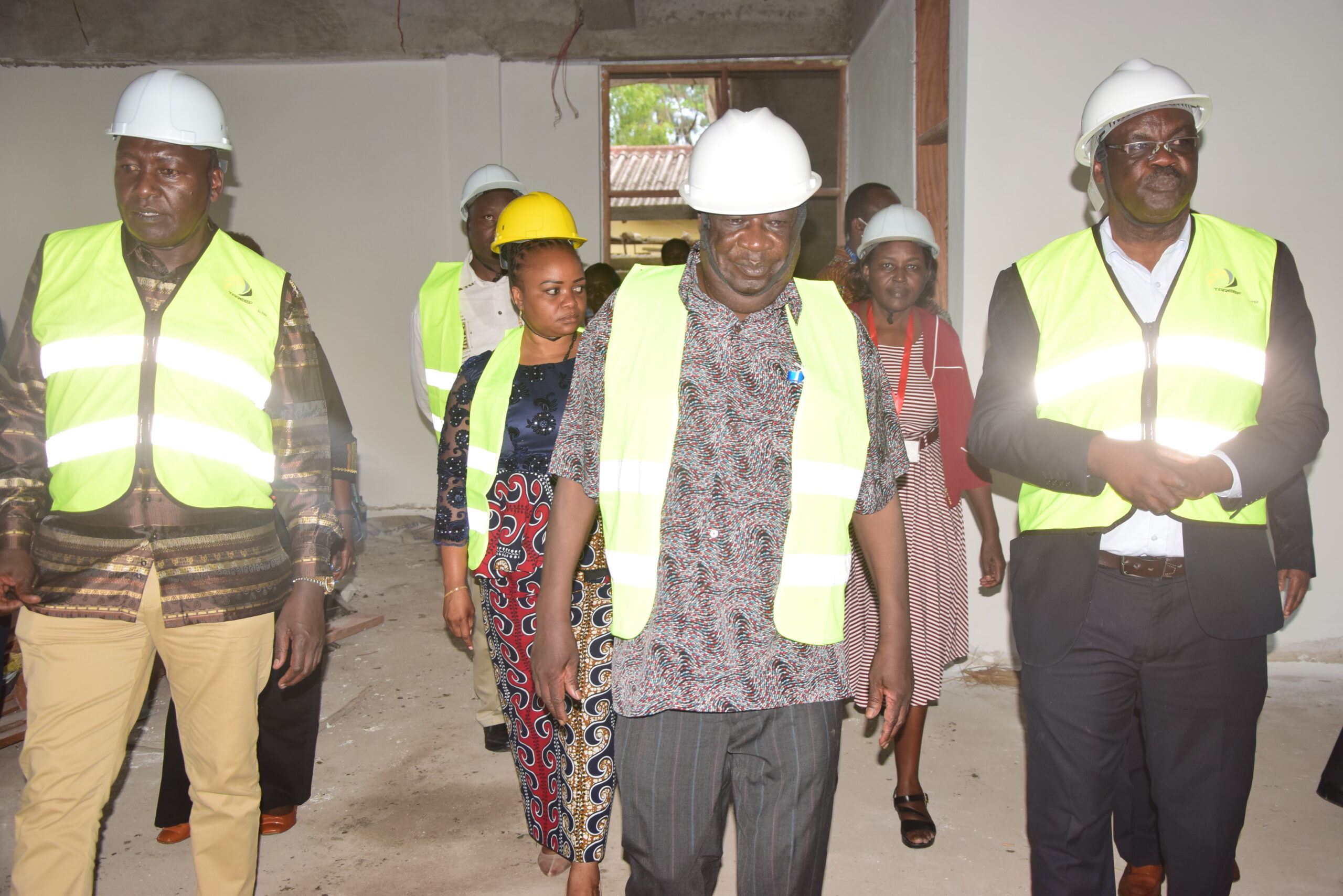
The 21st Sectoral Council of Ministers for Lake Victoria Basin (21st SECOM) approved the Strategic Plan 2021-2026 for Lake Victoria Basin Commission (LVBC).
The Ministerial Session led by Hon. Keriako Tobiko, Cabinet Secretary Ministry of Environment and Forestry, the Republic of Kenya commended LVBC for developing the strategy articulating actionable programmatic areas in the next four years.
The approved Strategy prioritized six program areas – climate change actions, environmental and natural resource management, integrated water resource management and development (IWRM&D). Other priority focus areas are – the Lake Victoria Basin Maritime Transport, Safety and Security on Lake Victoria, Social Development Program, Investment Promotion and Blue Economy Development in LVB and Strengthening the Institution and Coordination Capacity of the LVB and the Partner States.
The Chair of the 21st SECOM noted the LVBC Strategic Plan defines the direction of the institution will be taking in the next five years. He hastened to urge delegates to the ministerial session to reflect on what has been achieved beyond the adopted resolutions.
“Our measure of success should not be the number of resolutions, but the number of directives and decisions implemented,” he remarked. He also called emphasized the qualitative measure of success – “success should be measured by transformed livelihoods of people in the Basin by the decisions and directives we adopted.”
After the ministerial session, Hon. Keriako Tobiko informed the press that the forum bringing sectoral ministers from 5 EAC Partner States received, analyzed and adopted policy recommendations from Principal and Permanent Secretaries from the relevant Ministries of Water, Environment, forestry, Irrigation and Transport. Adopted decisions and directives guide LVBC management, planning, coordination and implementation of projects and programmes in Lake Victoria Basin.
Relatedly, the Representative of the EAC Secretary General, Aime Uwase from EAC Secretariat commended LVBC for developing the 4th Strategic Plan. He however recommended continuous learning by refocusing and re-strategizing for maximal impacts to local communities within the Lake Victoria Basin.
He advised taking advantages of the existing and emerging opportunities from the continental and global commitments –Sendai Framework Disaster Risk Reduction and Strategic Plan for Biodiversity, UN Framework Convention on Climate Change as well as Paris Agreement.
The outgoing acting Executive Secretary, Isaac Nyarwaya informed delegates that the present LVBC Strategic Plan (2021-2026) was informed by the evidence and lessons generated from the implementation and evaluation of the former – LVBC Strategic Plan 2016-2021.
He appreciated the valuable inputs from Partner States which enriched the development of the strategy as well as LVBC team that steered the leadership instrument to its desired logical completion. The Strategy is consistent with the 6th EAC Development Strategy (2022-2026) of the EAC, the Protocol for Sustainable Development of the Lake Victoria Basin (2004), Sustainable Development Goals and Agenda 2063: The Africa We Want.
The 4th LVBC Strategic Development Plan is the among key policy document to guide the LVBC leadership and management on the strategic direction the institution is taking in the next five years.